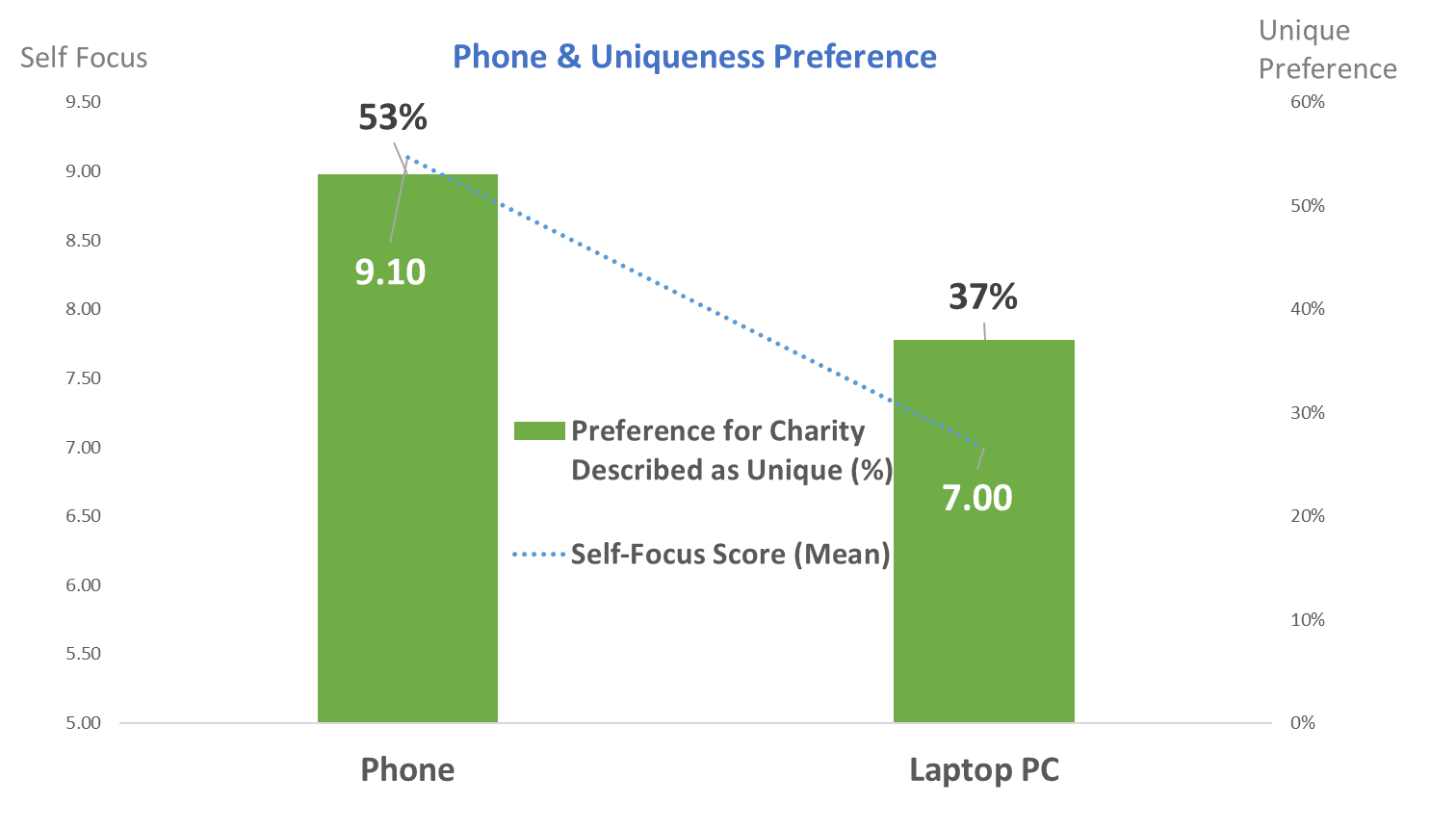Mobile Giving and My Focus on Me
Do you think it’s a positive if people,
- experience a warm glow from giving
- foster a sense of empathy in deciding to give
- give to reinforce personal values and goals
I’d say yes to all these and in so doing, say yes to self-focus, which has several facets:
- Self-Reflection: “I often spend time reflecting on my inner thoughts and feelings.”
- Awareness of Personal State: “I am usually aware of my mood and emotions.”
- Inner Dialogue: “I tend to have an ongoing internal dialogue with myself.”
- Concern with Personal Reactions: “I am often concerned with understanding my reactions to things happening around me.”
- Self-Referential Thinking: “In conversations, I find myself relating topics back to my own experiences.”
Self-focus needs direction and speed dials, too much and you get egomania and narcissism, too negative and it’s ruminating and self-defeating. When properly channeled however, it makes us reflective and adaptive and can lead to more pro-social behavior.
Why? Giving is selfish. I want to feel warm-glow and have my values and goals reinforced. And I’m happy to think about how I’d feel if was in the beneficiary’s shoes since half that mental equation is about me.
By trying to create a personal connection and demonstrate we know who the supporter is we secondarily are increasing self-focus. And it turns out this amplifying effect isn’t limited to our messaging; that supercomputer in your pocket does the same thing.
This experiment described the same charity in two different ways, unique or popular. The green bars is the percentage preferring the unique description by device type, which was randomly assigned. Mobile users prefer unique because they rated higher on a self-focus assessment. But remember, they were randomly assigned so being more self-focused was caused by using mobile and that, in turn, caused those people to prefer the unique descriptor.
Why does a mobile device make me more self-focused than my laptop? The former is physically closer to me more often and a figurative but often private extension of me with photos, the place I check social feeds, etc. This high degree of personalized, private connection makes me more self-focused when I use it.
Preferring unique over popular is a by-product of being more self-focused, as it puts my personal preferences, attitudes and private beliefs into focus. This cues up my desire to act in concert with my individualized self and so I choose unique, which feels more personalized than the popular, communal one.

How do you use this?
- Run a digital test that really dials up the collective, communal and popular messaging. Hypothesis: will do less well among mobile users vs. desktop.
- Message examples include,
- Community Achievement Focus: “Together, we’ve already achieved so much. Join our community of [number] supporters to make an even bigger difference. Every contribution brings us closer to our shared goal of [specific goal].”
- Shared Values Appeal: “Stand with a community that believes in [core value, e.g., ‘justice for all’, ‘education for every child’]. Your support joins a collective voice for change and action.”
- Message examples include,
- Run a highly tailored ad test. Hypothesis: will show lift overall and more so among mobile users vs. desktop.
- We ran such a test vs. control with former dialing up extraversion messaging for an outdoor event that included,
- image with a crowd
- exclamation points
- “the excitement never stops” and “don’t miss a beat”
- The ad was aimed at extroverts and beat the control overall.
- It did even better among mobile users.
- We ran such a test vs. control with former dialing up extraversion messaging for an outdoor event that included,
Kevin


